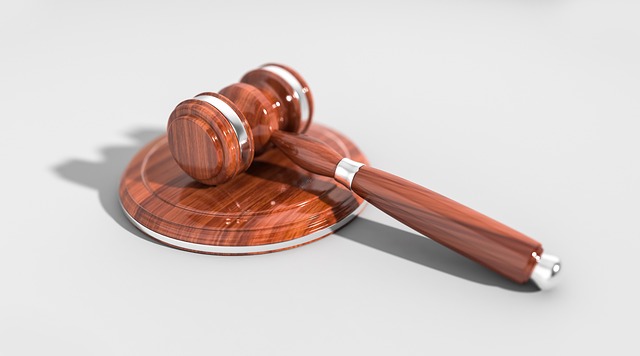Title: Judicial Recusal: Safeguarding Impartiality in Courts
Introduction: In the complex world of jurisprudence, the concept of judicial recusal stands as a crucial safeguard for the integrity of legal proceedings. This article delves into the nuances of judicial recusal, exploring its significance, challenges, and evolving standards in modern legal systems.

Historical Context and Legal Foundations
The concept of judicial recusal has deep historical roots, tracing back to Roman law and English common law traditions. In the United States, the practice gained prominence in the 18th century, with the Founding Fathers recognizing its importance in establishing a fair and impartial judiciary. The first federal statute addressing judicial disqualification was enacted in 1792, laying the groundwork for modern recusal standards.
Grounds for Recusal
Judges may recuse themselves or be subject to recusal motions based on various grounds. These include financial interests in the case outcome, personal relationships with parties involved, prior involvement with the case in a different capacity, or public statements indicating bias. The standard for recusal is not limited to actual bias but extends to the appearance of bias, emphasizing the importance of public perception in maintaining judicial integrity.
Evolving Standards and Challenges
As legal systems have become more complex, so too have the standards for judicial recusal. Modern courts grapple with nuanced situations that may necessitate recusal, such as social media interactions or political affiliations. The rise of specialized courts and the increasing interconnectedness of legal and business communities have further complicated recusal decisions. Judges must navigate these challenges while balancing the need for impartiality with the practical realities of judicial administration.
The Impact of High-Profile Cases
High-profile cases often bring the issue of judicial recusal into the spotlight, raising questions about the adequacy of existing recusal standards. Notable examples include cases involving Supreme Court justices, where recusal decisions can have far-reaching implications for constitutional interpretation and public policy. These situations highlight the tension between maintaining a full bench for important decisions and ensuring the appearance of impartiality.
Procedural Aspects and Variations
The procedure for judicial recusal varies across jurisdictions. In some systems, judges have broad discretion in deciding whether to recuse themselves, while others have established formal processes for challenging a judge’s impartiality. The burden of proof in recusal motions and the standards for review on appeal also differ, reflecting varying approaches to balancing judicial independence with accountability.
International Perspectives
Judicial recusal practices are not uniform across different legal systems. Civil law countries often have more codified rules for disqualification, while common law jurisdictions tend to rely more on judicial discretion and case law. International tribunals face unique challenges in this regard, as they must reconcile diverse legal traditions and address concerns about cultural bias in cross-border disputes.
The Role of Ethics Committees and Advisory Opinions
Many jurisdictions have established judicial ethics committees to provide guidance on recusal issues. These bodies often issue advisory opinions on complex ethical dilemmas, helping judges navigate gray areas in recusal decisions. The work of these committees contributes to the development of more nuanced and context-specific recusal standards.
Technological Advancements and Recusal
The digital age has introduced new considerations in judicial recusal. Online research capabilities, social media presence, and electronic financial disclosures have expanded the scope of potential conflicts that judges must consider. Some jurisdictions are exploring the use of artificial intelligence to assist in identifying potential conflicts, raising questions about the balance between technology and human judgment in recusal decisions.
The Future of Judicial Recusal
As legal systems continue to evolve, so too will the practice of judicial recusal. Emerging trends include calls for more transparent recusal processes, stricter disclosure requirements for judges, and the development of clear guidelines for recusal in cases involving emerging technologies or novel legal issues. The challenge for the legal community will be to adapt recusal practices to meet these new demands while preserving the fundamental principles of judicial impartiality and integrity.





